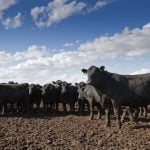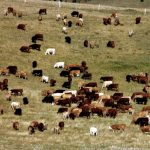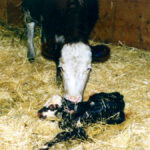Ancient Greece and Rome were well acquainted with anthrax many famous scholars from those times mentioned it in their writings. Today we continue to write about anthrax, partially because the soil-borne pathogen continues to surface as a livestock killer, mostly in small outbreaks, but makes remarkable news when discussed in the context of biological warfare […] Read more














